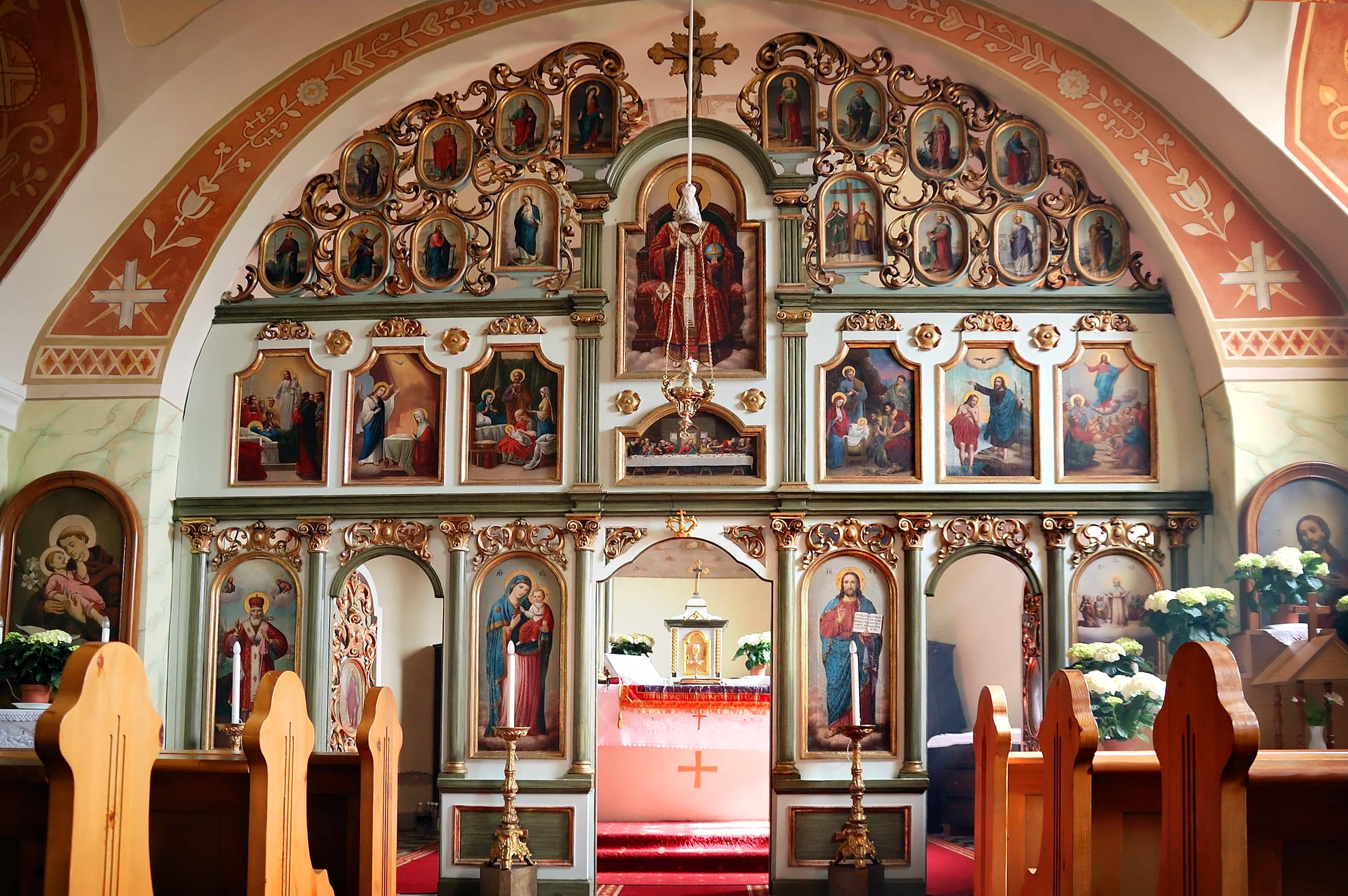 Every year, Orthodox Christians begin celebrating the Nativity of Christ on the Christmas Day. However, the preparations for the celebrations start much before that. Christians start fasting forty days prior to January 6, which is the day that Greeks celebrate Christ’s birth. Called the Nativity Fast, they engage in this spiritual practice for personal reasons, but the main reason is so that they could stop focusing on earthly pleasures and simply bring their attentions to God. After the Christmas Eve service, people then go home from church in order to break their Nativity Fast, as long as it’s past midnight and officially Christmas Day, or Epiphany. Here’s more information about the church service:
Every year, Orthodox Christians begin celebrating the Nativity of Christ on the Christmas Day. However, the preparations for the celebrations start much before that. Christians start fasting forty days prior to January 6, which is the day that Greeks celebrate Christ’s birth. Called the Nativity Fast, they engage in this spiritual practice for personal reasons, but the main reason is so that they could stop focusing on earthly pleasures and simply bring their attentions to God. After the Christmas Eve service, people then go home from church in order to break their Nativity Fast, as long as it’s past midnight and officially Christmas Day, or Epiphany. Here’s more information about the church service:
What happens on the Christmas Eve?
In Greece, the Eve of the Nativity, Christmas Eve, is celebrated on January 5. The liturgical services include three phases. The first is the portion of the service referred to as “The Hours”, which summarizes the themes of the great feast. There are special biblical readings, hymns, and psalms prescribed for every single hour.
The Hours is followed by Vespers. This step marks the inauguration of the actual feast. Vespers include a total of eight biblical readings. These readings, together, show that Lord Jesus Christ basically stands as the symbol of fulfillment of every prophecy.
The final part of the service involves the Liturgy of St. Basil. Earlier, it used to be called baptismal liturgy. It used to be the phase during which catechumens, or Christian converts, were baptized. Although this is still adhered to, it is optional if there are no converts that need to be baptized.
After the above three phases are complete, it is time to begin the portion of the service known as “The Vigil”, which starts with a ritual called the great Compline. This stage is marked by the happy proclamation called Isaiah, which means “God is with us”. Christians sing a beautiful Canon at this point. The celebrations of the Nativity are concluded with the Liturgy.
Breaking the Nativity Fast
The Eve of the Epiphany service ends after midnight, which means that it is now Epiphany, or Christmas Day, which is on January 6. At this point, people begin leaving the church and heading home to have the special meal that breaks their Nativity Fast. Some churches even have a reception after the service so people can eat their meal at church before they go home. This meal is welcomed since the Eve of the Epiphany is the day when the fast is at its strictest. After the fast is broken, people go to sleep and then wake up in order to celebrate Christmas Day with their family members and friends later on.
What types of food are typically eaten? Generally, people try to eat the things they were deprived of during the fast. This could include meat, dairy, sugar, oil, wine, and more depending on how strictly they adhered to it. Since fasting is personal, this means that the meal that breaks the fast is often a personal experience, as well. For instance, if you permitted yourself to have oil during the fast, it won’t feel like much of a treat while eating it after the Christmas Eve service!
As you can see, Christmas Eve, also referred to as the Eve of the Nativity of Christ or the Eve of Epiphany, is a special time. Those who do participate in the religious service enjoy making it a part of their Christmas traditions!

